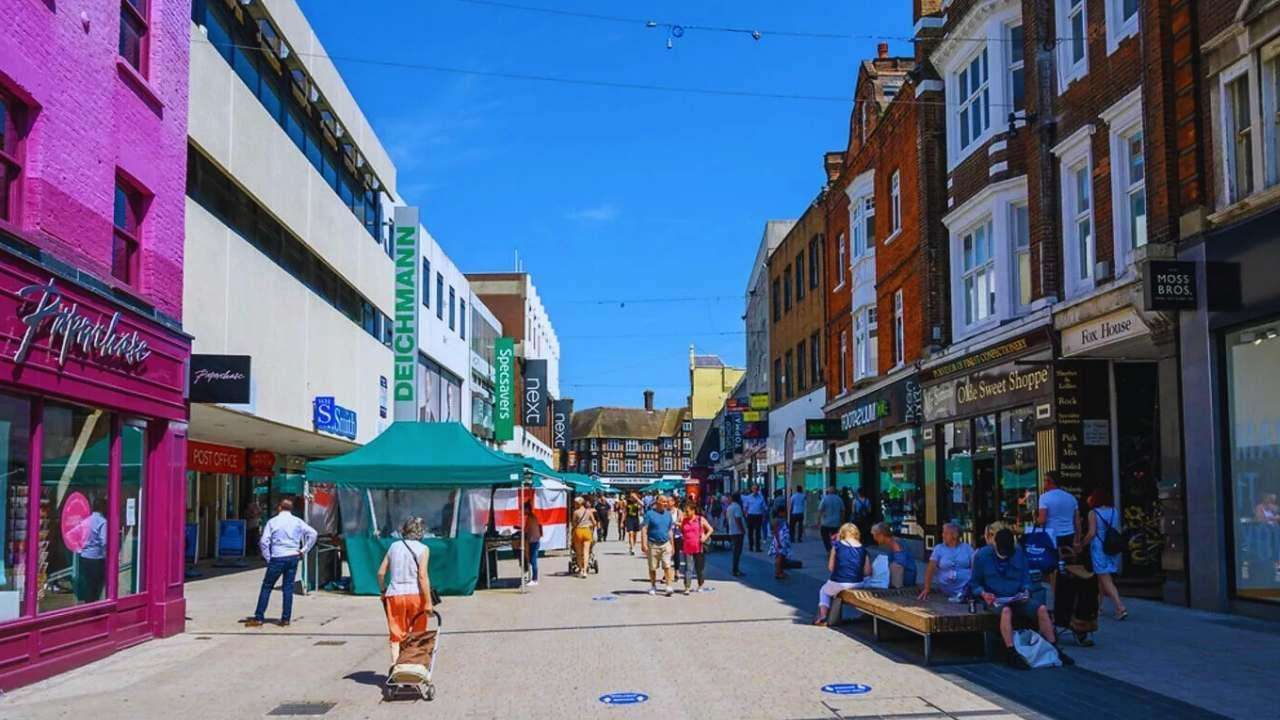Bangladesh may hold elections in December this year. If, for some reason, the elections are not held in December, they may take place in mid-January, according to several sources familiar with the situation, as understood by The Daily Dazzling Dawn. The elections could be scheduled for the first day of December or around the country's Victory Day.
Dr. Yunus has been directly approached to hold early elections by the BNP and like-minded parties through diplomatic channels. The party mediating the issue is personally trusted by both Dr. Yunus and Begum Khaleda Zia. To pressure the government into holding early elections, the BNP standing committee has decided to propose that the government schedule the elections for June. They are proposing June as it would create an opportunity for negotiation.
A source confirmed to The Daily Dazzling Dawn that while some within the government prefer a late election, the government's chief advisor personally wishes to hold a free and fair election quickly and return to his regular life.
Chief Adviser Professor Muhammad Yunus stated yesterday that the government is planning to make the upcoming general election in Bangladesh “the best free and fair and historic.”
“We want to make it an example, a historical example,” Yunus said during a meeting with Norwegian Ambassador to Bangladesh Håkon Arald Gulbrandsen.
There has been mounting pressure on Yunus, who was named the nation's "chief adviser" following the student-led rebellion that deposed former PM Sheikh Hasina, to announce an election date. In September, Hasina left Bangladesh after General Waker-uz-Zaman, the country's army chief, suggested that democracy should be restored within 12 to 18 months. Hasina's departure was prompted by the lack of support during the violent student protests. Opposition parties, including the Bangladesh Nationalist Party (BNP), one of the two major parties in the nation along with the Awami League, have also demanded that elections be held as soon as possible.
Following Hasina's ouster, the 84-year-old pioneer of microfinance is leading a transitional government to tackle the "extremely tough" task of reestablishing democratic institutions in the roughly 170 million-person South Asian country.
After a crackdown that resulted in the detention of thousands of opposition party members, Hasina claimed victory in January's general elections, which were boycotted by competitors and criticized as neither free nor fair. Yunus stated that his administration is also committed to bringing those responsible for abuses during the previous administration to justice.
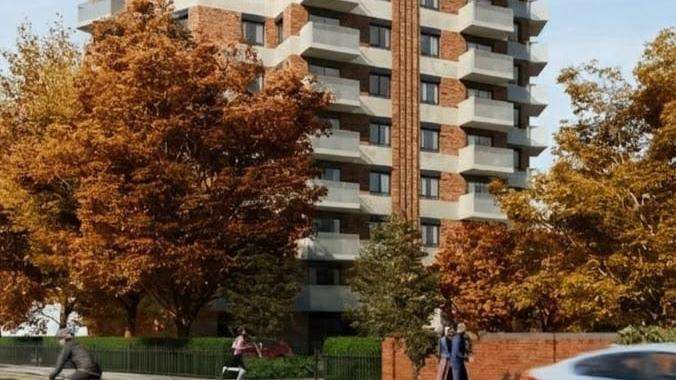
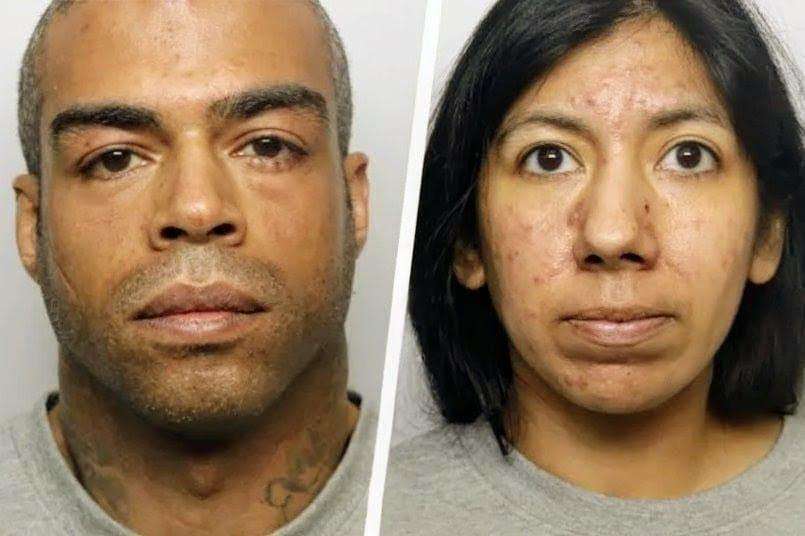
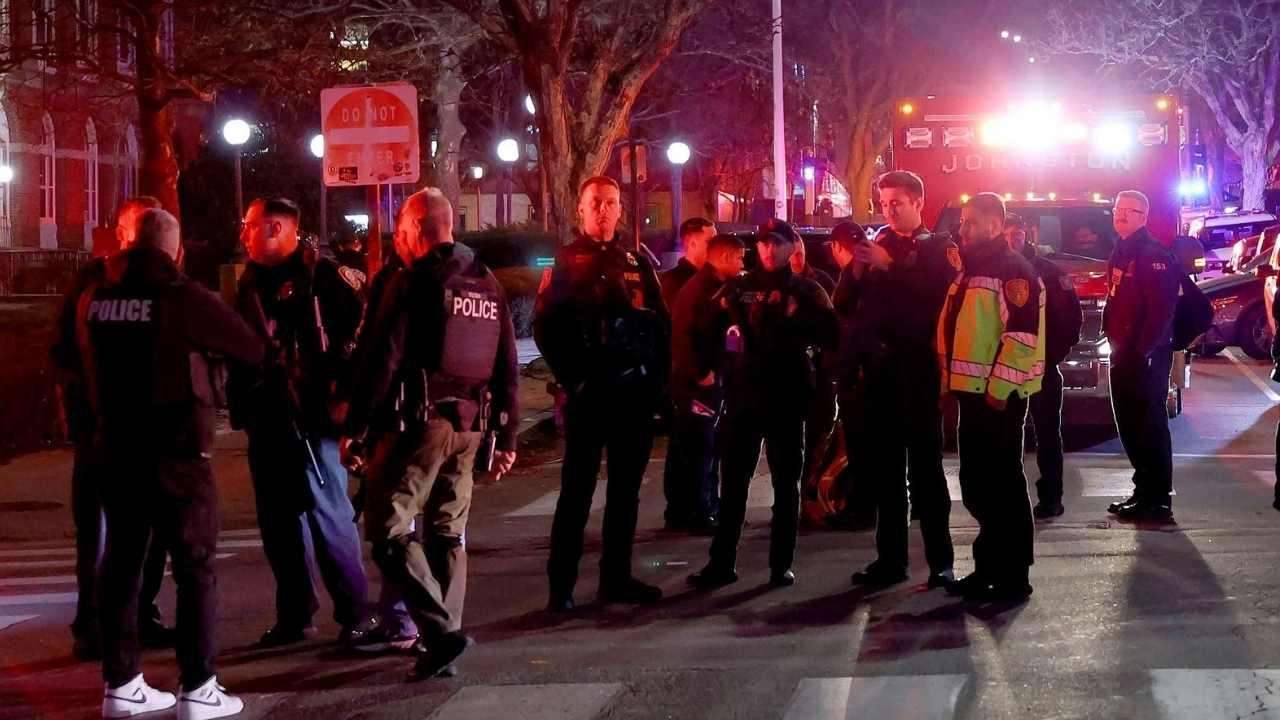

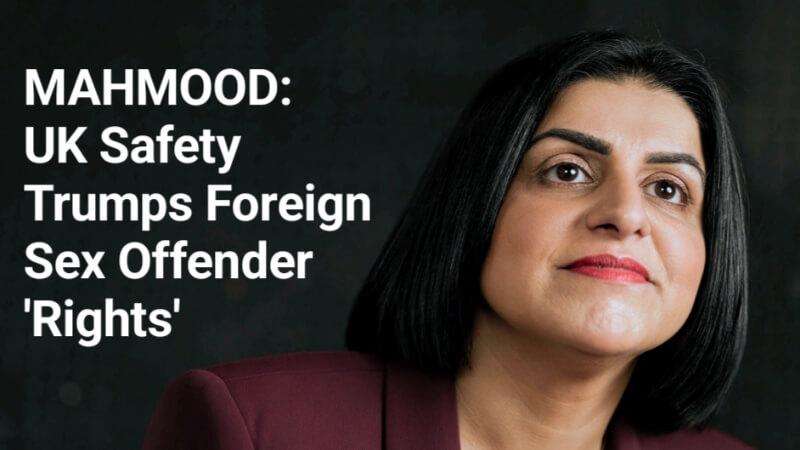


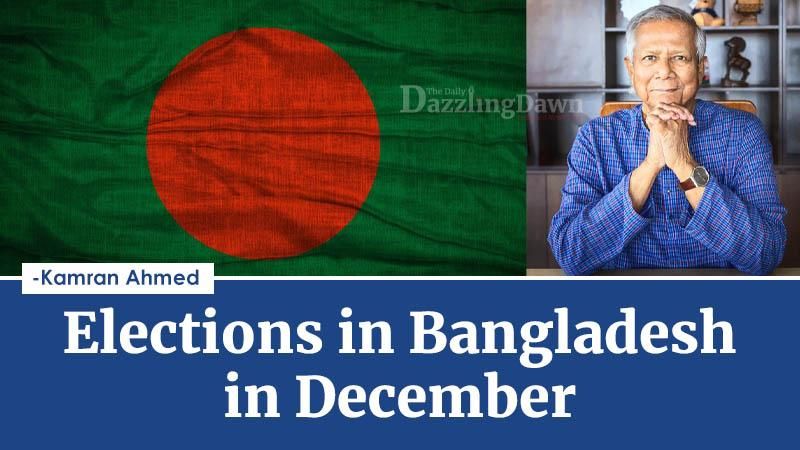
.svg)


